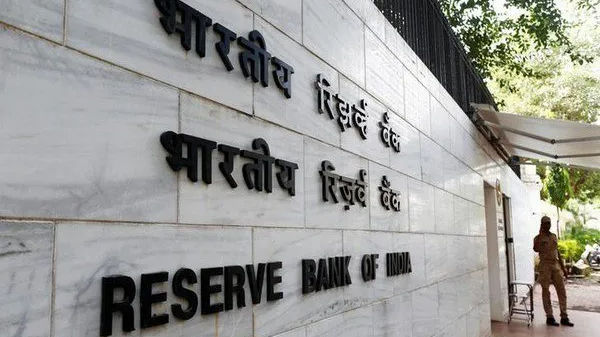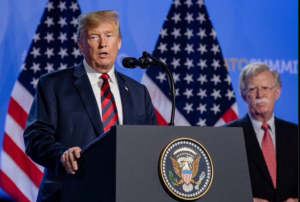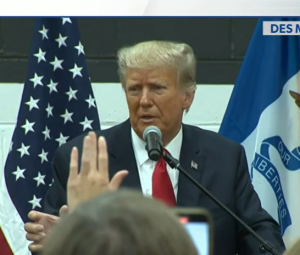The Reserve Bank of India kept interest rates unchanged for the eight consecutive in a row. The central bank’s Monetary Policy Committee (MPC) kept the key lending rate or the repo rate unchanged at 4% while the reverse repo rate or the borrowing rate was maintained at 3.35% and the Bank Rate at 4.25%. The MPC also decided to continue with the accommodative stance to revive and sustain growth on a durable basis and continue to mitigate the impact of COVID-19 on the economy.
Pandora Papers investigation to be monitored by CBDT chairman
Equity benchmark Sensex rallied over 500 points after the RBI announced its bi-monthly monetary policy review on October 8.
Stating that the growth impulses seemed to be strengthening, RBI governor Shaktikanta Das said that the inflation trajectory was turning out to be more favourable than anticipated.
“In spite of global headwinds, we hope to emerge from the storm and sail towards normal times, steered by the underlying resilience of the macro-economic fundamentals of the Indian economy,” he said.
“With the worst of the second wave behind us and substantial pick-up in COVID vaccination giving greater confidence to open up and normalise economic activity, the recovery of the Indian economy is gaining traction,” Das said.
India records 18,166 new COVID-19 cases, lowest in 214 days
The RBI has slashed the inflation forecast for 2021-22 to 5.3 per cent from 5.7 per cent estimated earlier. Going forward, the inflation trajectory is set to edge down during Q3 of 2021-22, and several evolving factors provide comfort on the food price front. Its momentum is expected to remain muted in the near term, it said.
The RBI has retained the projection for real GDP growth at 9.5 per cent in 2021- 22 consisting of 7.9 per cent in Q2 of the current year. “Almost all components of GDP registered year-on-year growth, despite a sharp loss of momentum due to the second wave. Recovery in aggregate demand gathered pace in August-September,” the RBI said.
Other measures announced on Friday include extending the three-year Special Long Term Repo Operation (SLTRO) of Rs 10,000 crore for Small Finance Banks (SFBs) till year-end, the introduction of a framework for retail digital payments in offline mode, raising the limit of domestic fund transfer to Rs 5 lakh per transaction from Rs 2 lakh currently, geo-tagging of payment system touch points and appointing internal ombudsman for NBFCs.
The GSAP programme to purchase government securities from the market has been stopped for now to ensure that there is no further infusion of liquidity.
(With inputs from PTI)







